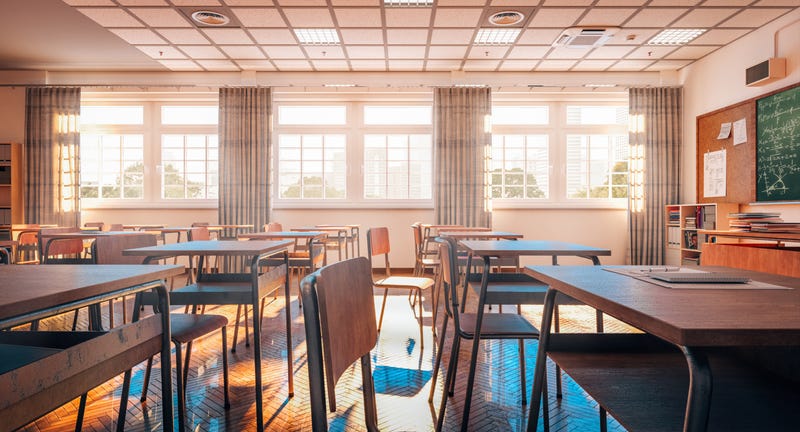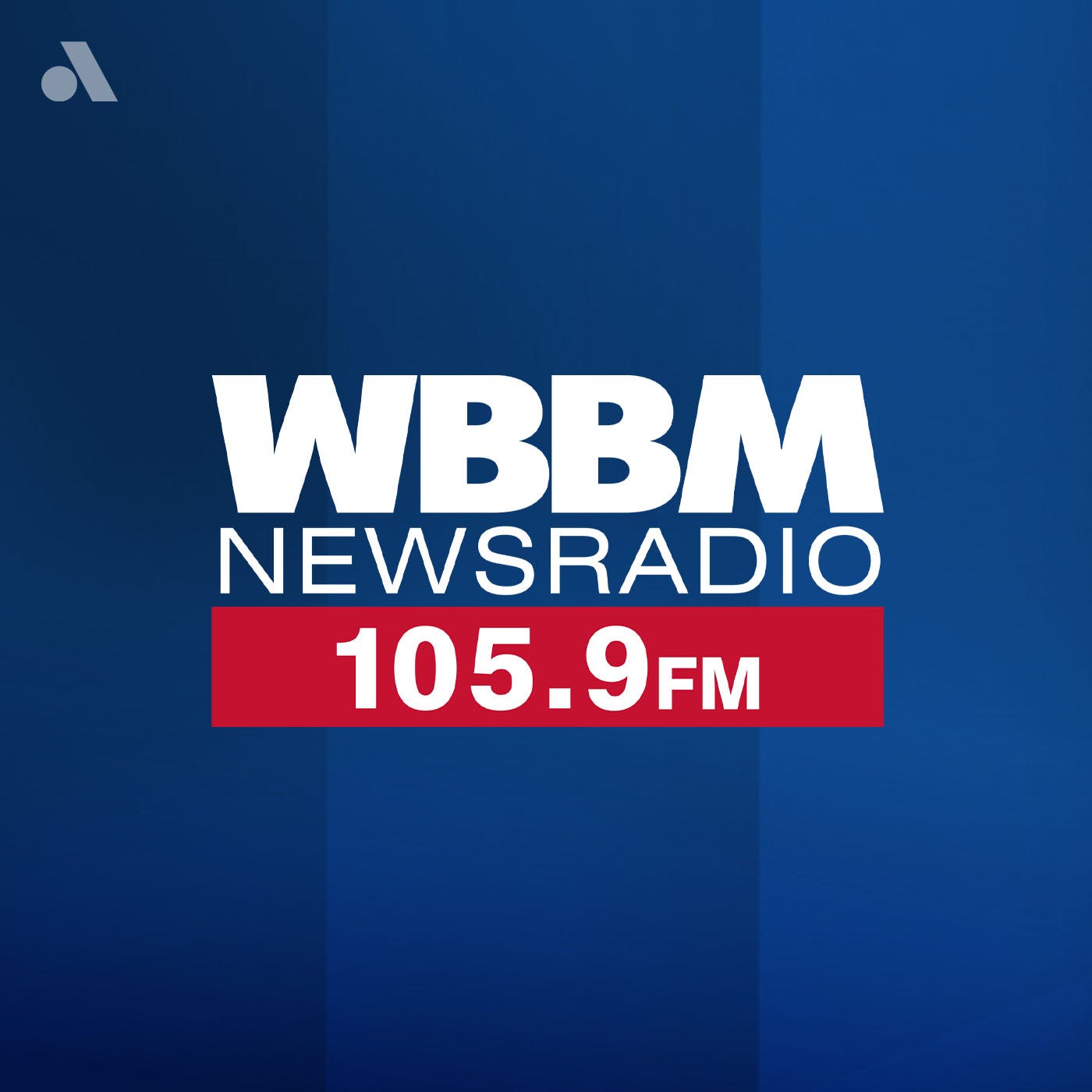
WBBM asked for the Chicago mayoral candidates' responses to five of the top issues facing the city: education, crime, transportation, infrastructure and health.
The 2023 Chicago mayoral election will be held on February 28, 2023. If no candidate receives a majority of votes, a runoff election will be held on April 4, 2023.

Below are the full responses from each candidate to this question:
Education: What will you do to ensure that students receive equal opportunities and resources, regardless of income, so they can succeed in school and beyond?
Lori Lightfoot:
"We have worked closely with CPS to make robust investments and policy changes over the last four years to make sure that high-quality public schools are available to families across all of our neighborhoods—and I am excited to continue this vital work over the next four years. CPS’ 2023 budget includes more than $600 million in investments for facility improvements at neighborhood schools, upgrades to technology, investments in new academic programming, and more. We’re prioritizing the academic and social-emotional needs of students, families and staff. This year’s CPS budget includes over $188 million to support our students’ academic recoveries and social and emotional learning. This includes $30 million for summer school programming; $20 million for out-of-school time programming; $20 million for our tutor corps; $40 million for new technology devices for students and staff; $13 million for mental health supports and trauma-informed interventions; $12 million for student and family re-engagement, home visits, and truancy prevention; $5 million for a universal social and emotional learning curriculum; $5 million for early literacy resourcing; and more. Compared to last year, this year’s budget includes a $45 million increase for special education; a $42 million increase for district-funded teacher positions; a $14 million increase in equity grants for smaller schools; a $10 million increase for early childhood education; and a $10 million increase for district-funded counselors, support staff for students facing housing instability or homelessness, and bilingual education coordinators. We’re providing an additional $45 million to improve classroom instruction and $20 million in aid for Chicago's most vulnerable students as part of the Chicago Recovery Plan (on top of existing CPS support)."
Willie Wilson:
"Equity is a centerpiece of my campaign. I will be intentional when it comes to ensuring students have equal opportunities and resources. I will assemble a leadership team to ensure equity in educational resources. Currently, CPS spends about $30,000 per student. I will conduct an audit to ensure that the current spending is being utilized in the best interest of the students. Also, I will advocate changing the way we fund public schools. The current system which relies on property taxes to fund schools perpetuates inequality."
Brandon Johnson:
"Student-based budgeting (SBB) and the former SQRP rating policy have had a devastating impact on our schools. SBB, in particular, has contributed to principals whose budgets are strapped to choose between keeping a veteran teacher or having a librarian and a functioning library. Schools struggling with enrollment need to have a process by which root causes are identified and resources are deployed to ensure students still have the richest possible education, and the school has an opportunity to grow its enrollment.
The state, in its evidence-based funding model, has recognized that student and community needs must drive school funding, and that all districts must be brought up to a certain level of resources to meet those needs. Yet CPS has not adopted that approach among its schools. We cannot keep supporting a system that favors choice, but does not provide schools with the same baseline resources and offerings – then punishes students who attend the lesser resources, less frequently chosen school."
Ja'Mal Green:
"We will transition schools from an enrollment-based funding formula to a needs-based formula. Each and every school in our city should offer the same level of high quality education that we have shown possible in our wonderful selective enrollment schools, like Walter Payton and Lane Tech."
Kam Buckner:
"With key leadership changes and strategic investments, Chicago’s public education system can be a valuable tool to bridge equity gaps that have plagued our city for generations.
If we want students to enroll in our schools, they must be best in class. We need to work with Springfield to make sure that our schools receive funding based on need, not based on criteria that have only perpetuated inequities. I’ve led this fight in Springfield as a sponsor on HB 258, which seeks to create a more equitable funding formula for our schools. I would work with ISBE to reassess the exclusionary Selective Enrollment program as well, because too many of our students get left behind after 8th grade.
We also need to give schools sufficient resources to manage day-to-day student needs. I’m committed to making sure every single neighborhood school is staffed with a librarian, a social worker, and a nurse. These supports are critical for the health and safety of communities, and it’s time we prioritize funding in CPS’ budget to allow our schools to fully support the health and wellbeing of our students. All of my commitments are outlined in my comprehensive education plan."
Jesus "Chuy" Garcia:
"Our students are our future, and they deserve better. Whether you look at the longstanding trend of declining enrollment, or pandemic losses which exacerbated existing disparities in CPS, this is a crisis situation that requires the full attention and dedication of our next Mayor.
Equity in education is paramount. Here are some of my priorities.
1. As I detailed above. Our schools need to be community hubs: staying open after school for the community, offering classes for adults, a broader set of after-school activities, and offering expanded athletic and recreation options.
2. Focus on the mental health crisis. We need to understand the impact COVID had on families, and help kids recover from the socioemotional pain of the pandemic. I intend to provide mental health services in every community and school to help students and families recover. This requires collaboration rather than competition with Cook County.
3. Increase investments in mentoring programs and professional development, as well as programs to specifically support teachers of color.
4. CPS needs proper resources, socioemotional as well as academic, to help these young people be successful.
5. Increase necessary funding streams. I will be making the case in Springfield to accelerate the timeline to fully fund the EBFF.
6. Work with the Governor to ensure we have universal pre-k for 3 year olds.
7. Ensure that noncitizen taxpayers can vote in the elected school boards as they do in their local school councils."
Paul Vallas:
"We need to ensure that the money allocated for schools follows children into the classroom. Right now, only about 60 percent of funds reach down to the individual children in their classrooms and that needs to change. We can do this by dismantling the central administration and empowering the community to help push the funding down at the local level so that it can flow into the classroom. This will enable principals and teachers to enhance the learning experience based on the needs, interests, and capabilities of the children.
Ultimately, this will enable schools to further reduce class size, expand critical support services like tutoring and mentoring, and keep campuses open longer. We must also work to systematically identify children at-risk and provide early intervention and support to those students. This starts with identifying at-risk children on a school-by-school basis and supporting them both in and out of the classroom - mentorship, tutoring, extracurricular enrichment, work study."
Sophia King:
"We cannot achieve equity in our schools if the funding formula is based on property taxes and enrollment. Given that investing in public education and ensuring equity is the most important thing we can do to secure the future of Chicago, we must use our tax dollars to create a public education system that helps every child reach their full potential regardless of the zip code in which they live. These inequities were created intentionally and we must be intentional about tearing them down. There are a number of different approaches that we must utilize, but the core of the solution is moving more resources to where there is greater need. We can do that through developing joint partnerships that are focused on supporting disengaged youth and dismantling education issues from cradle to career, investing in tech education K-12, student internships and job training, and deepening coordination with technical colleges."
Roderick Sawyer did not respond to this question.
Read the full list of questions asked of the candidates here.
